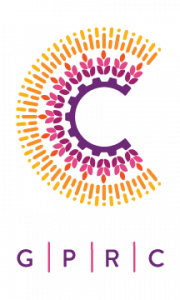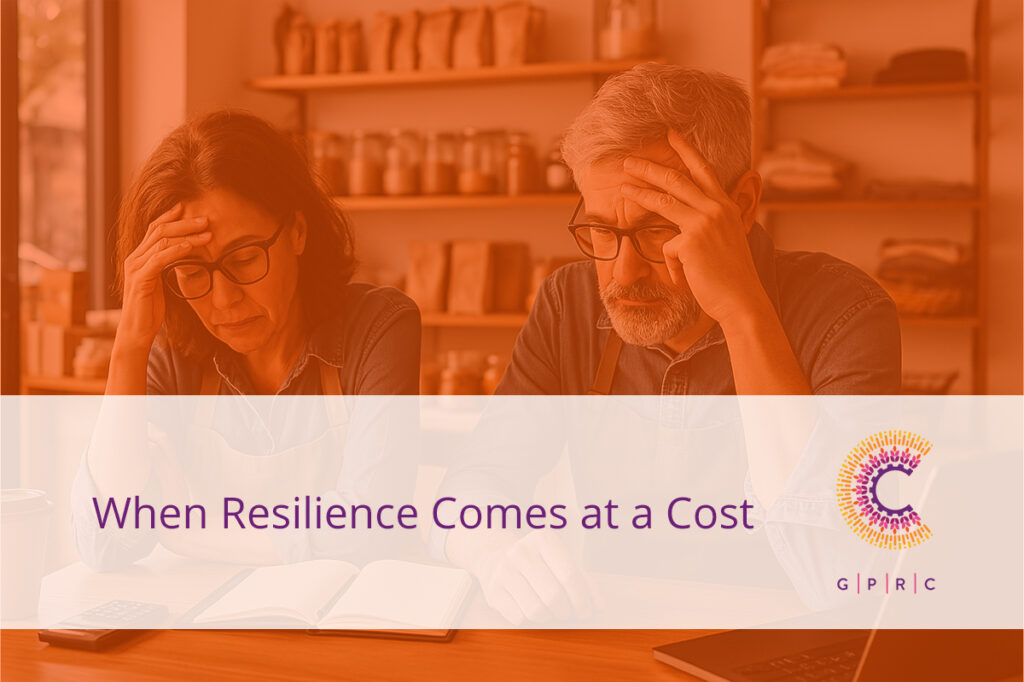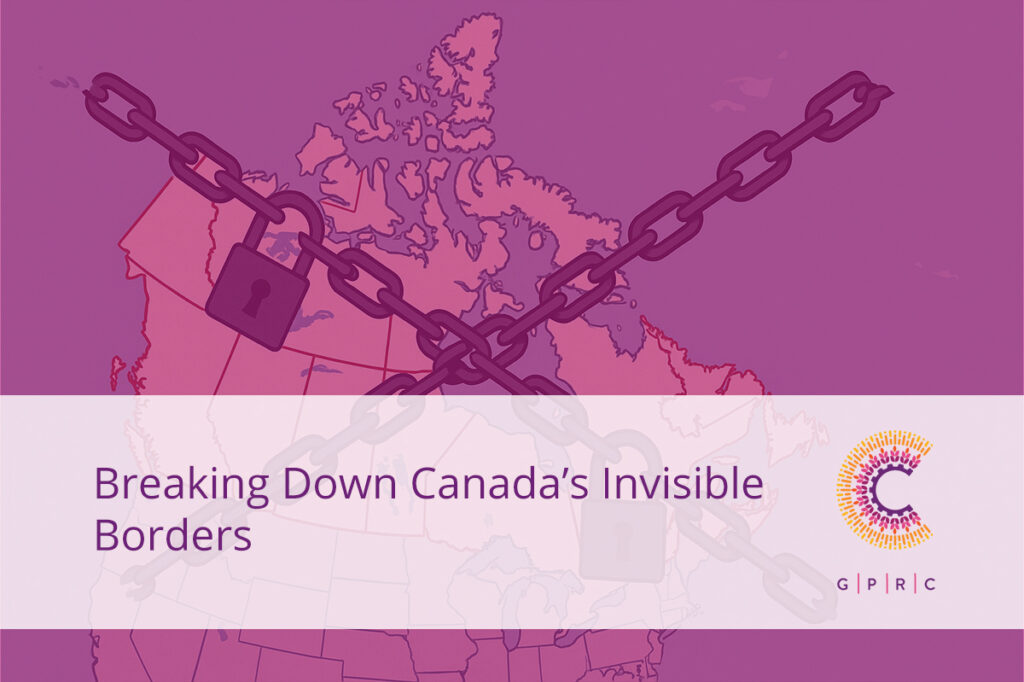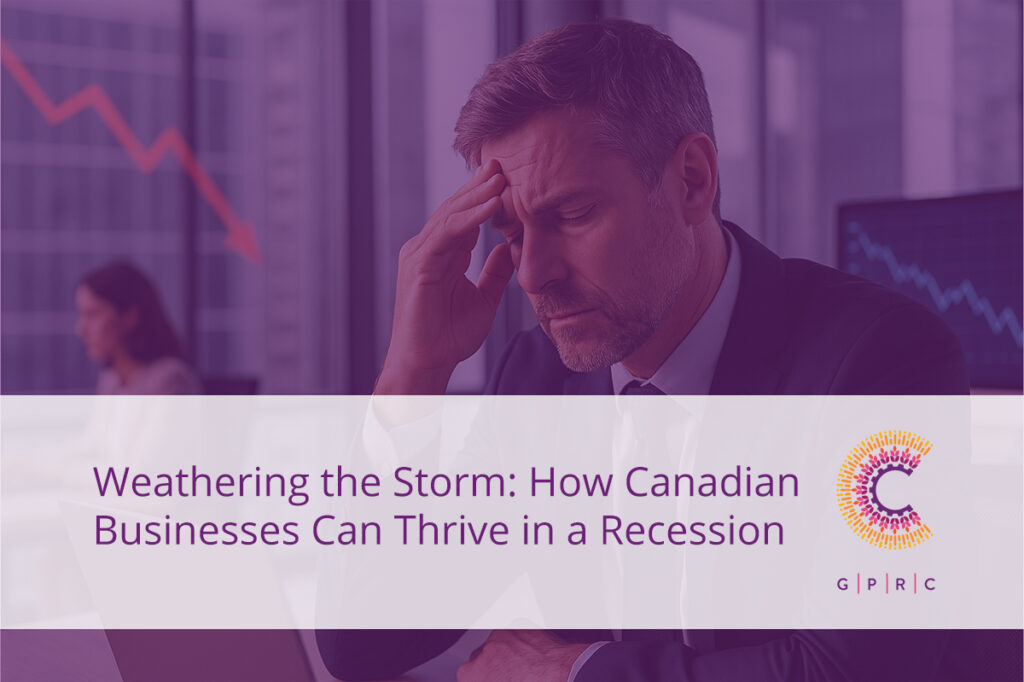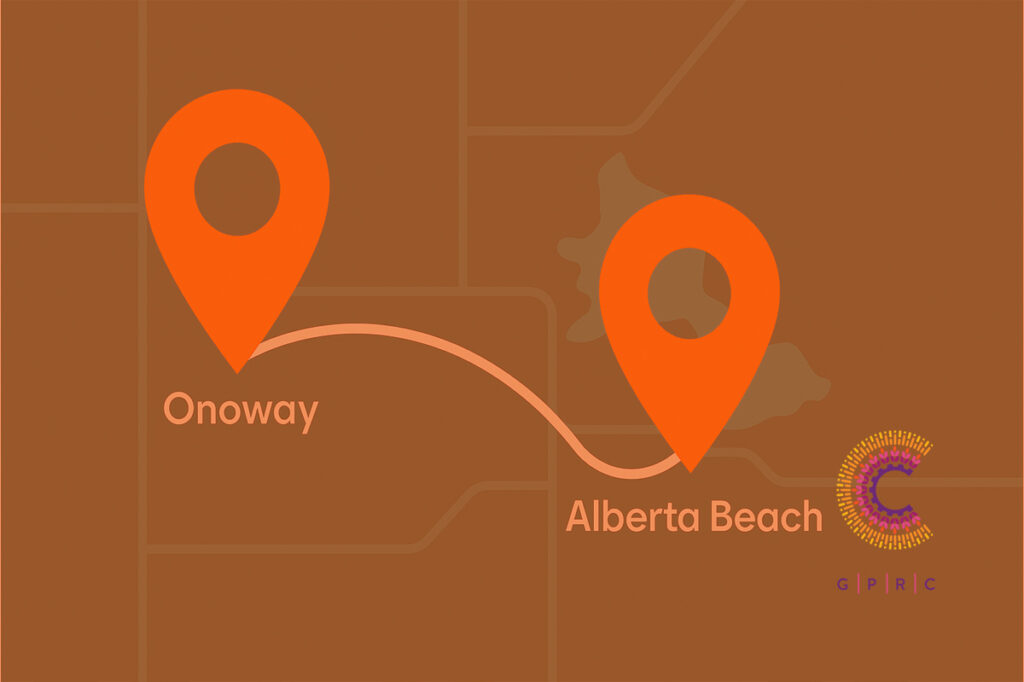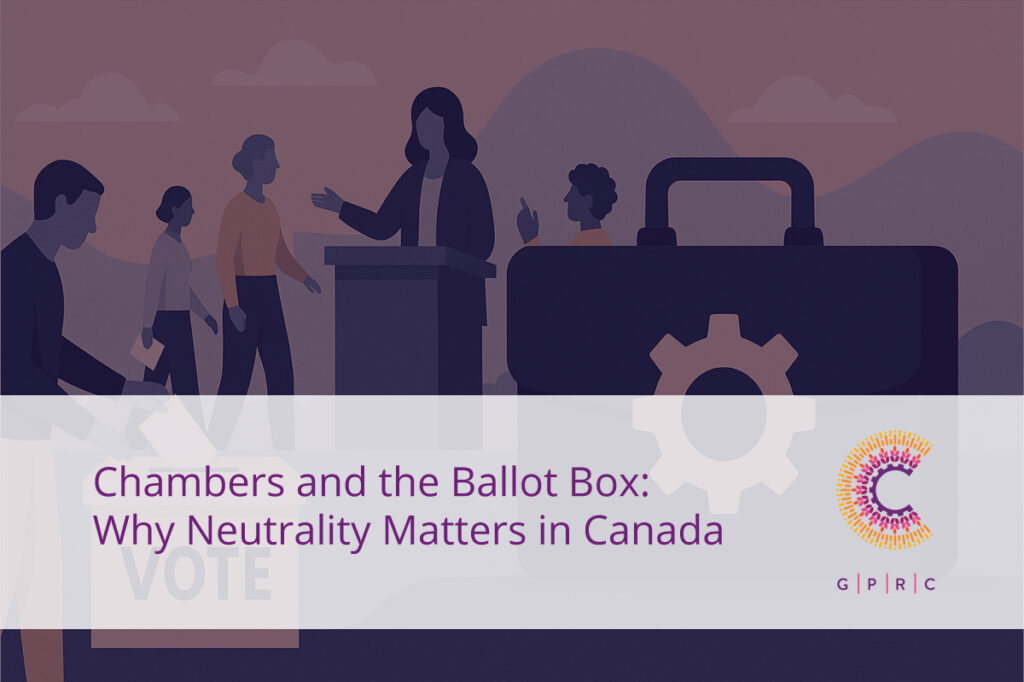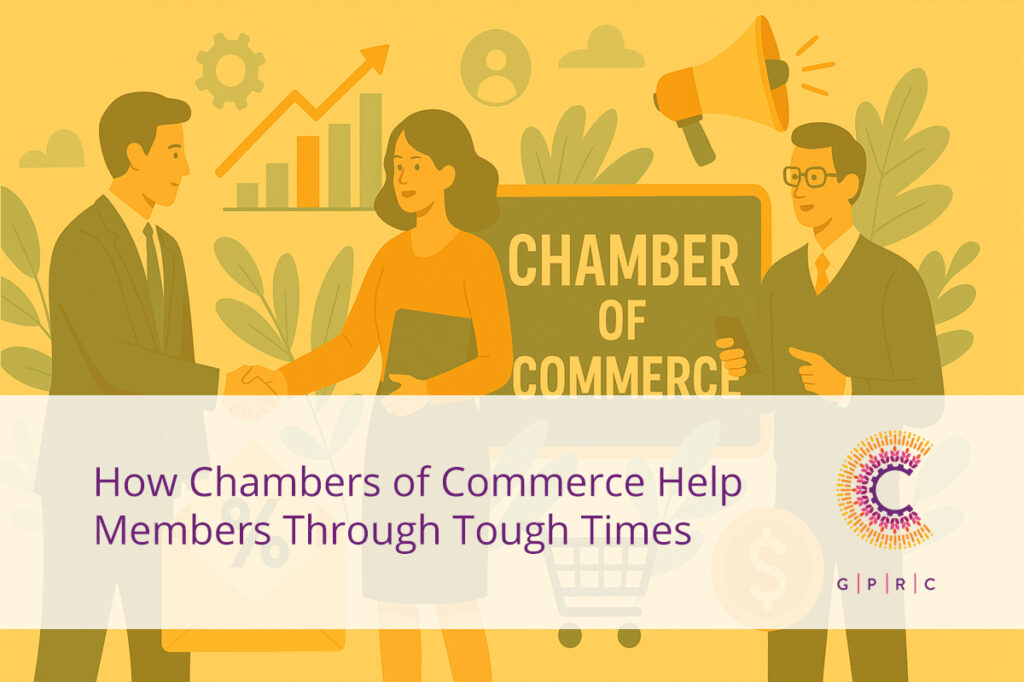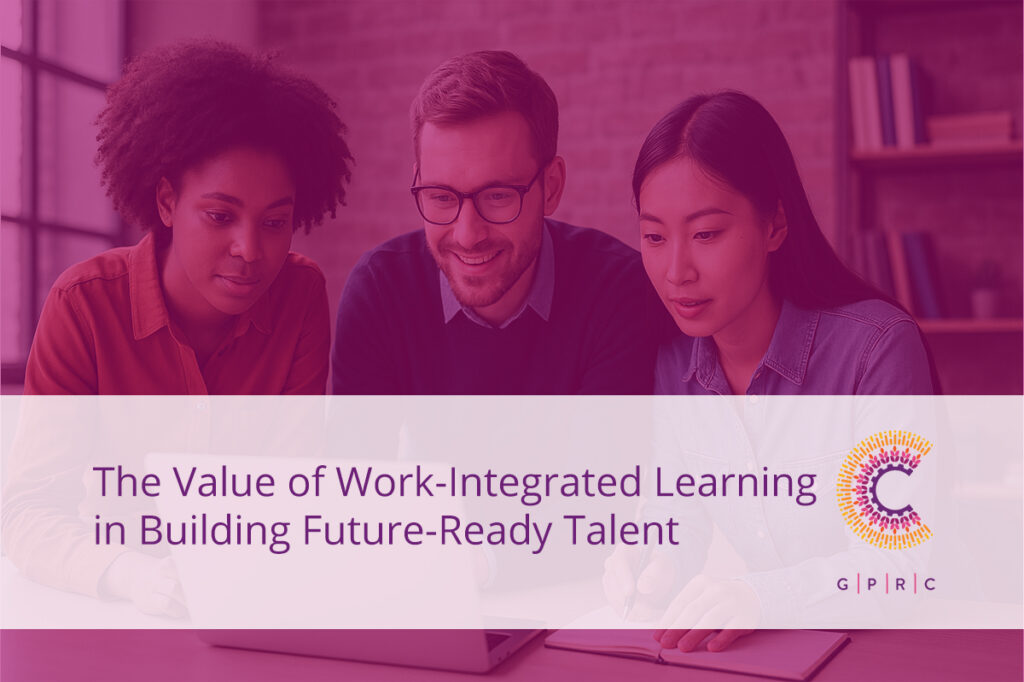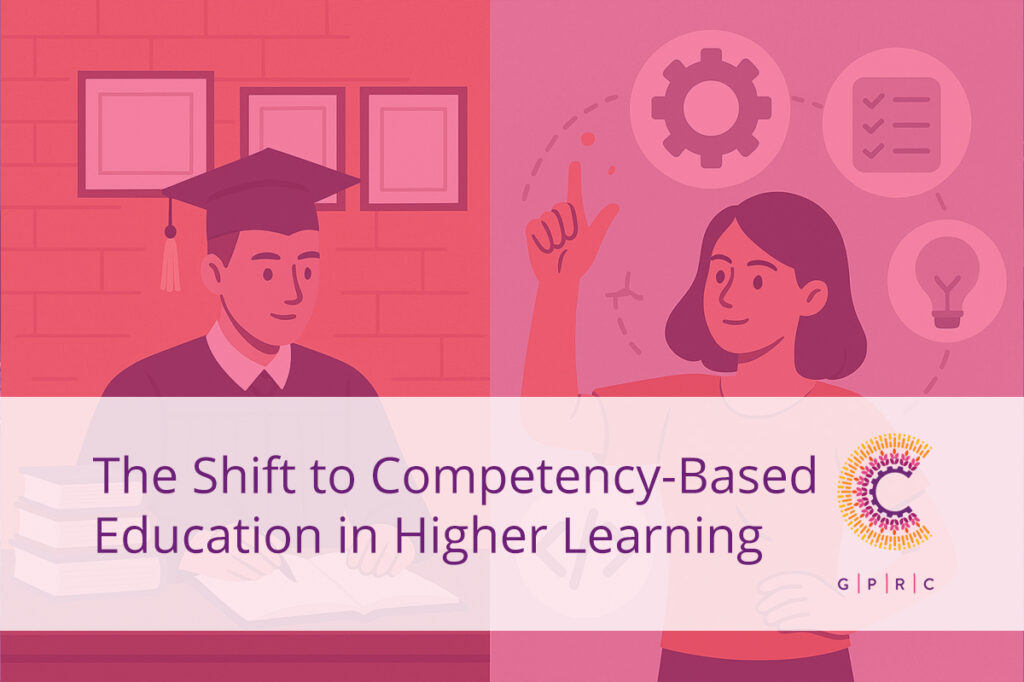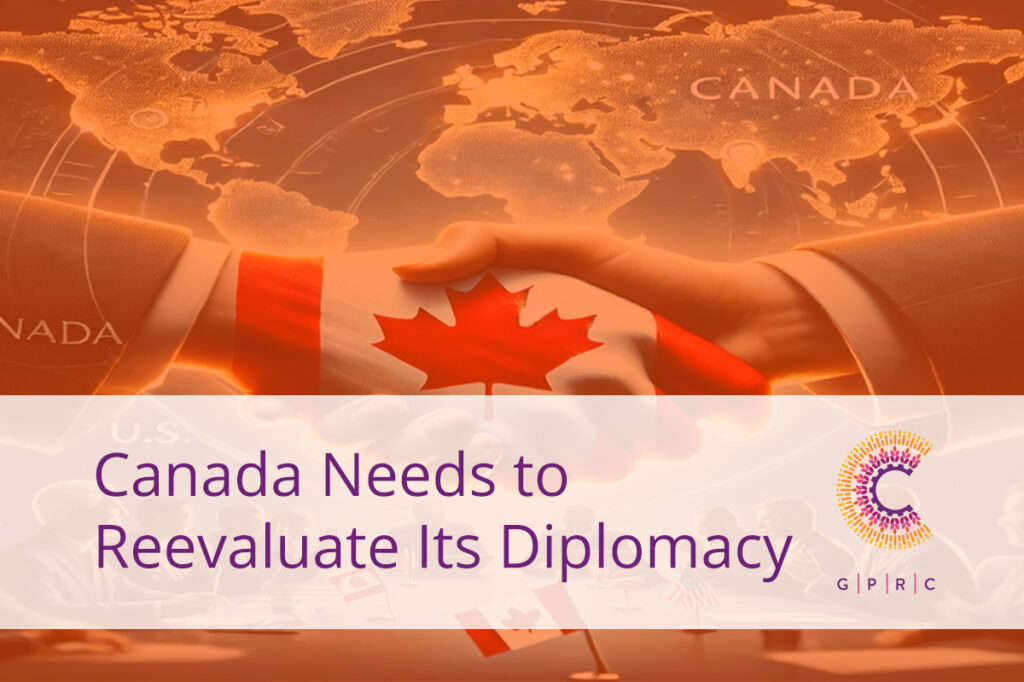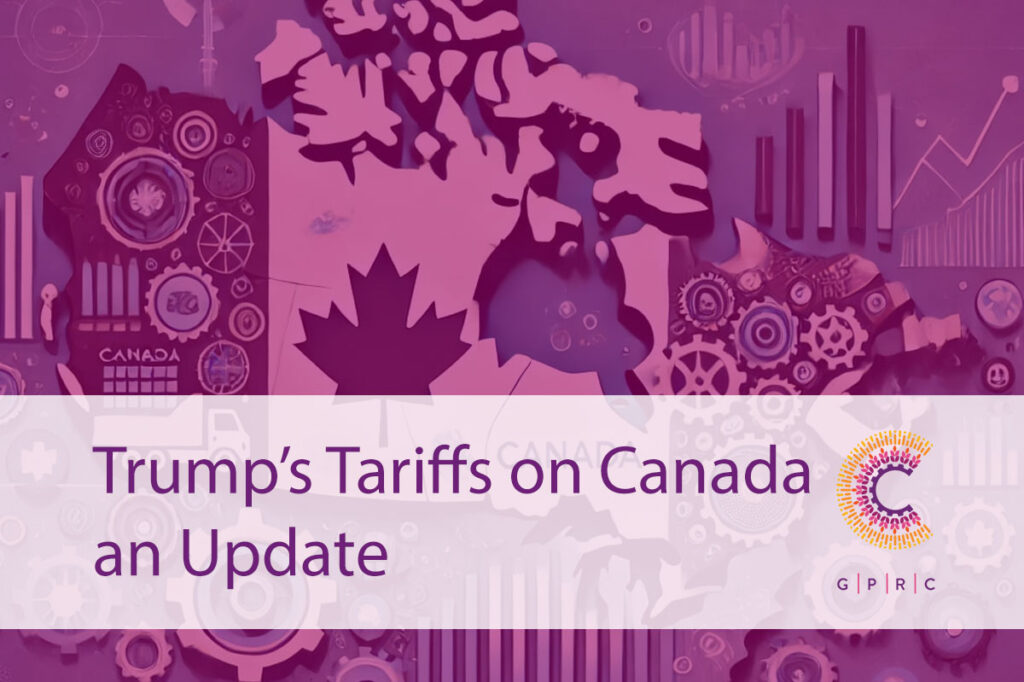Chambers and the Ballot Box: Why Neutrality Matters in Canada
Understanding Our Role: A Tale of Two Chamber Approaches
As Alberta approaches its municipal elections this October, it's a good time to reflect on the distinct role Canadian Chambers of Commerce play in the democratic process—especially when contrasted with our American counterparts.
Two Nations, Two Approaches: A Canada–U.S. Comparison
In the United States, Chambers of Commerce are deeply woven into the fabric of election campaigns. Many participate in political fundraising, endorse candidates, and engage in aggressive lobbying. They see this as a direct path to shaping the business climate. While that approach works for their system, here in Canada, we do things differently—and purposefully so.
A Clear Canadian Stance: Political Neutrality
The Greater Parkland Regional Chamber, like others across Canada, maintains a position of strict neutrality during elections. We do not endorse candidates, contribute to campaigns, or fundraise on behalf of any party or individual. Instead, our role is one of education and engagement. We provide our members—and the wider community—with opportunities to hear from all candidates, to ask tough questions, and to make informed decisions.
Educate, Don’t Influence: Supporting Informed Decision-Making
Our goal is to ensure that businesses are informed, not influenced. Through candidate forums, issue-based surveys, and resource sharing, we support a transparent democratic process without aligning ourselves politically. This neutrality is what preserves our credibility, strengthens our advocacy, and ensures we can work constructively with whomever is elected.
Looking Ahead: Growth Rooted in Good Governance
As election day nears, we encourage our members to stay engaged, informed, and active in the democratic process—not just as voters, but as community leaders. Because while we may not campaign, we do champion good governance, strong economic stewardship, and vibrant local leadership.
Let’s make this election a catalyst for continued regional growth.
When Resilience Comes at a Cost
Nearly seven in ten Canadian small business owners have cut their pay and postponed personal milestones to keep their businesses afloat, revealing the hidden cost of resilience behind entrepreneurship. The blog urges communities to share, recommend, and thank local businesses—reminding readers that survival depends on collective support, not individual grit.
Breaking Down Canada’s Invisible Borders
Canada’s interprovincial trade barriers make it harder for businesses to trade across provinces than with foreign countries, costing billions, limiting consumer choice, and slowing economic growth. These barriers persist mainly due to politics, as provincial governments protect local industries and revenue, even though removing them would boost GDP, jobs, and national unity.
Weathering the Storm: How Canadian Businesses Can Thrive in a Recession
In a recession, businesses should focus on their top customers, maintain strong visibility, and recalibrate strategies to stay resilient and valuable.
Expanding Connections – Chamber Now Services Onoway and Alberta Beach
The GPRC expands its services to Onoway and Alberta Beach, strengthening regional business support and economic development across Alberta.
Chambers and the Ballot Box: Why Neutrality Matters in Canada
The Greater Parkland Chamber stays neutral during elections, focusing on informing voters to support strong, credible, and engaged local leadership.
How Chambers of Commerce Support Members Through Tough Times
Local Chambers of Commerce are powerful allies for businesses during tough times, offering exclusive savings, marketing opportunities, and invaluable community support. By becoming a member, you gain tools and connections that help your business not only survive—but thrive.
The Value of Work-Integrated Learning in Building Future-Ready Talent
Work-Integrated Learning (WIL) connects classroom learning with real-world experience to prepare students for career success. By integrating internships, co-ops, and industry projects, WIL equips graduates with practical skills, confidence, and professional networks.
The Shift to Competency-Based Education in Higher Learning
Discover how competency-based education in higher learning offers a flexible, skill-focused alternative to traditional degrees—empowering students with real-world readiness.
Canada Needs to Reevaluate Its Diplomacy
March 17, 2025 / Deborah / Comments Off on Canada Needs To Reevaluate Its Diplomacy – and not just with the Americans! In the realm of international business, diplomacy serves as a cornerstone for success. The late Canadian Prime Minister Brian Mulroney, during a 2011 address at the University of Toronto, aptly remarked, “Anyone who…
